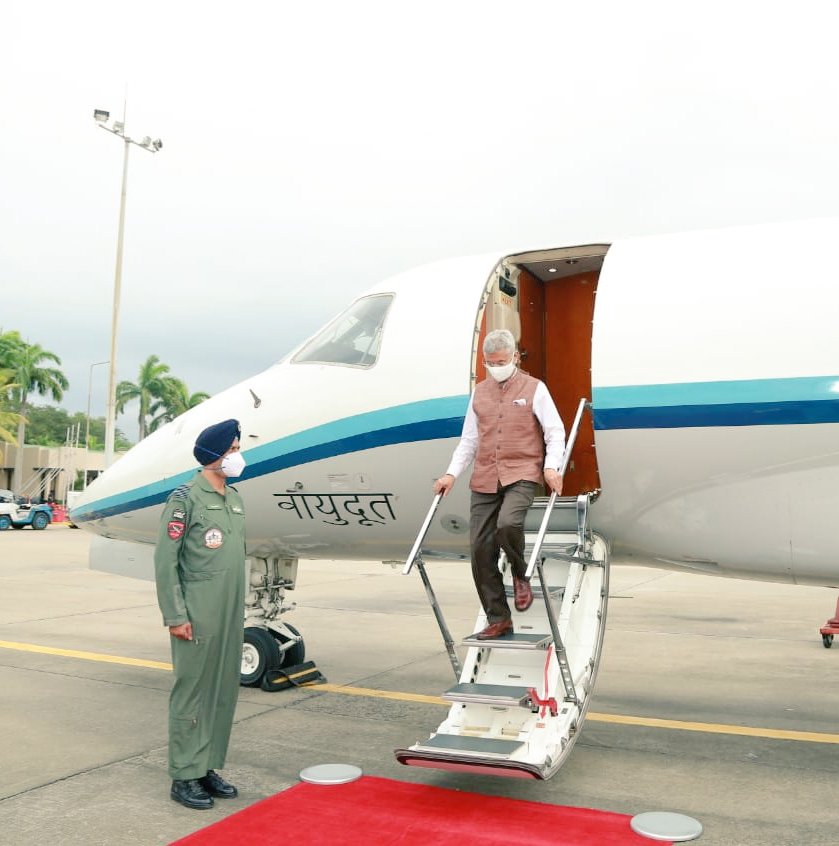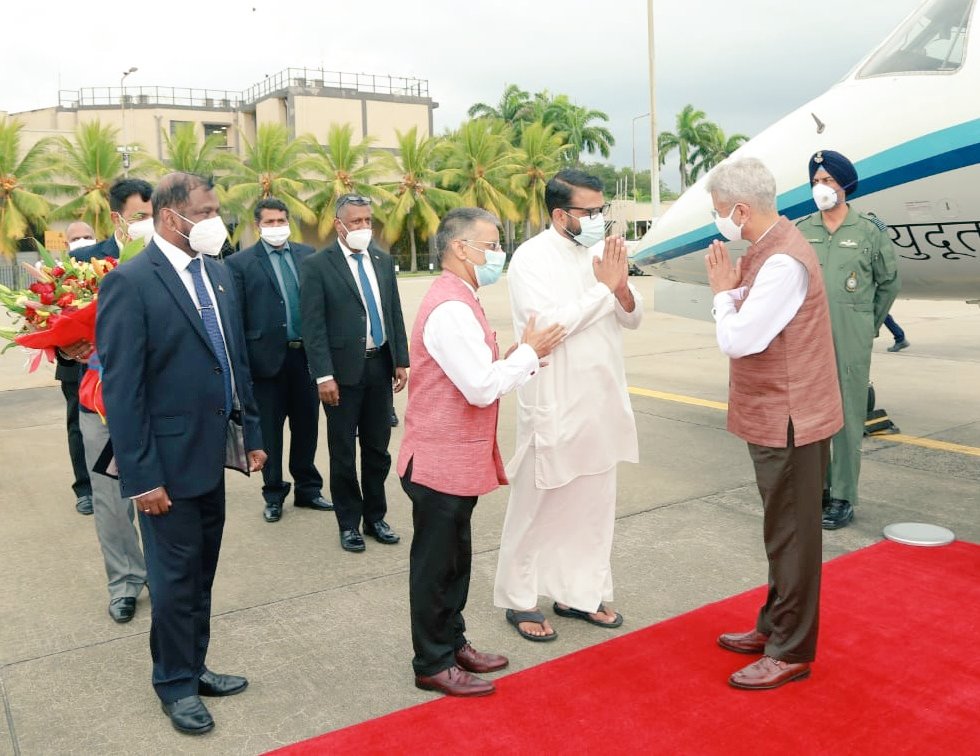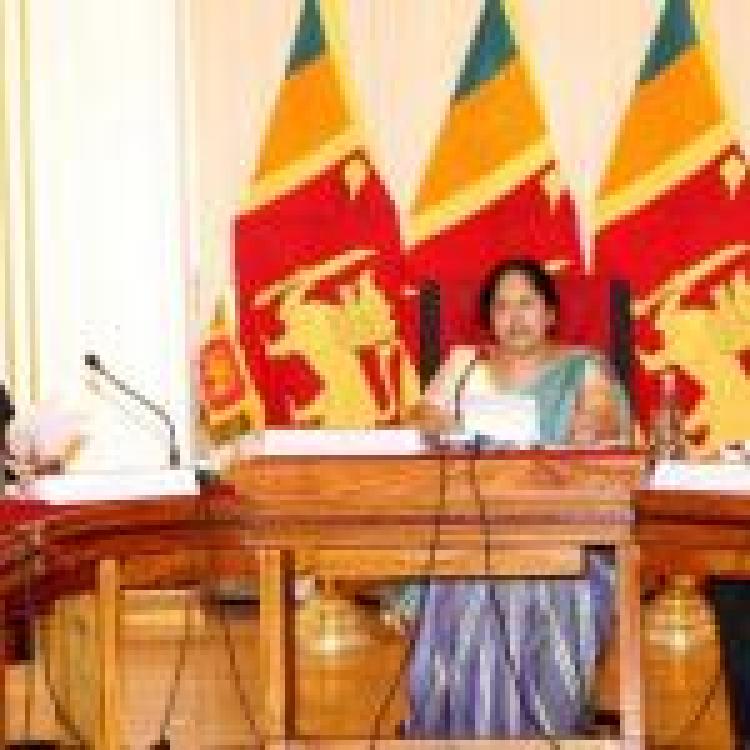
S. Jaishankar, the Indian Minister of External Affairs, has landed in Sri Lanka for a diplomatic visit aimed at strengthening bilateral relations.
During the visit, from the 5-7 January, Jaishankar is expected to “hold discussions with his counterpart and Sri Lanka’s leadership on the entire gamut of bilateral relations”.
According to the External Affairs Ministry, this is the first foreign trip that the Minister is making in 2021 and will also be the first high-ranking foreign official that Sri Lanka receives this year.
“(The meeting) signifies the priority both countries attach to strengthening their close and cordial relations in all spheres of mutual interest”, the statement read.

Disputes over fisheries
.jpeg)
This visit comes a week after the India-Sri Lanka Joint Working Group on Fisheries (JWG) convoked a virtual meeting on December 30. During that meeting, Indian delegates called on Sri Lanka to release 40 Tamil Nadu fishermen who had been arrested and incarcerated by the Sri Lankan Navy.
The Sri Lankan side demanded that India curb “illegal fishing” by Tamil Nadu fishermen on Colombo’s nautical territory.
Fishing has long been a thorny issue in the bilateral relations of India and Sri Lanka. In late 2020, the Sri Lankan Navy attacked Tamil Nadu fishermen using glass bottles and stones, causing severe damages to their fishing property and equipment.
It is also an issue that causes widespread resentment in Tamil Nadu. Through a naval agreement between the two countries in 1974, India ceded Katchatheevu, a historically Tamil islet, to Sri Lanka which deprived traditional Tamil fishermen of a key outpost in the waters.
13th Amendment
.jpg)
The visit also follows concerns raised by the DMK leader and party treasury, T R Baalu, that Sri Lanka was moving towards abolition of the provincial councils.
He warned Narendra Modi that such a move was “part of the Sri Lankan government’s attempt to make Tamils a secondary citizen”. He further stressed the importance of Indian intervention warning that silence could lead India to become a “mere spectator”.
In December, Sri Lanka’s Minister of Public Security, and Rajapaksa supporter, Sarath Weerasekara, stated that the Indo-Lanka accord, which gave way to the 13th Amendment, was “no longer valid”.


